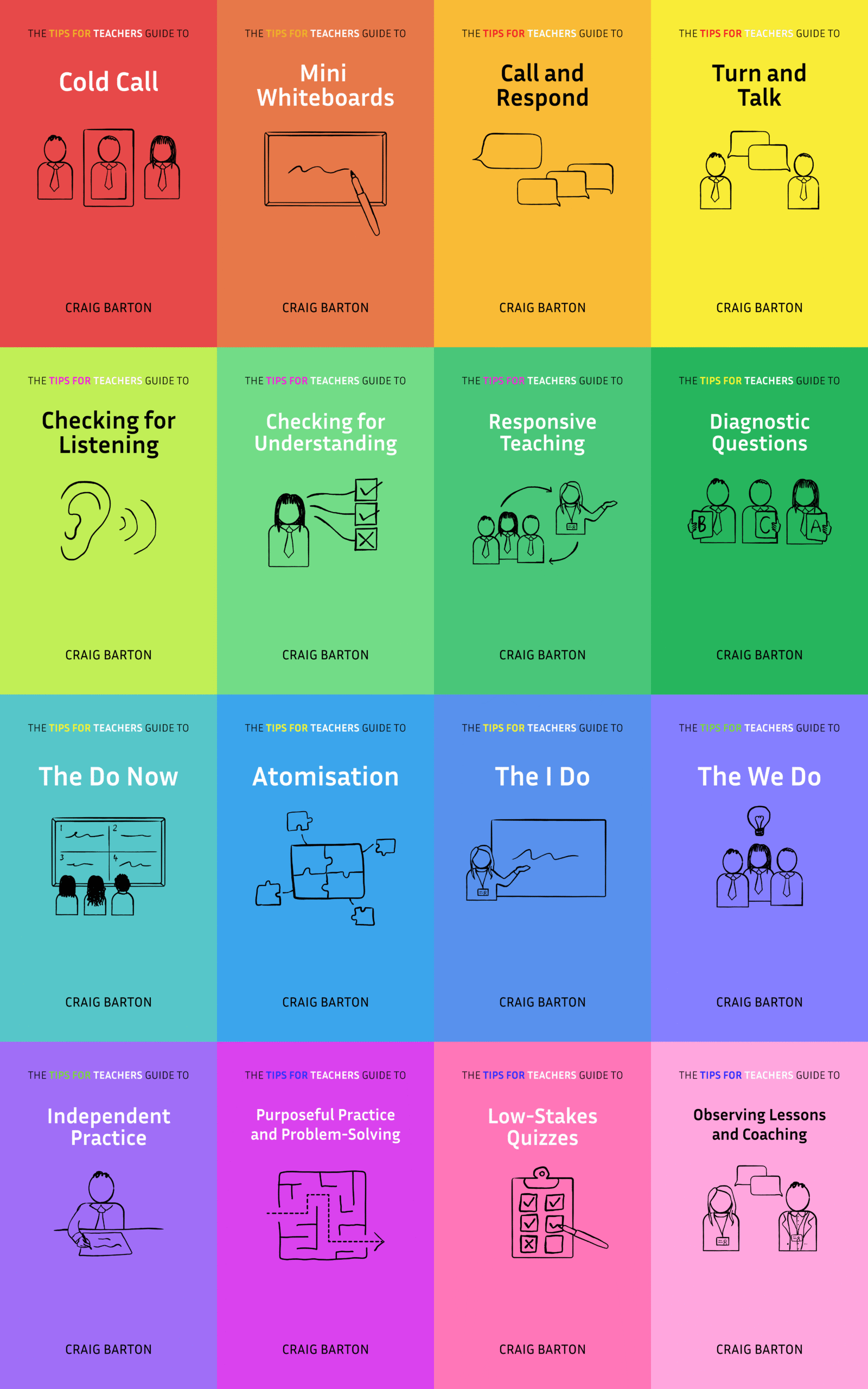Summary
This YouTube video details a high school teacher’s innovative method for boosting boys’ engagement in language classes. He implemented a points-based system, “La Liga,” modeled after a football league, rewarding positive behaviors and participation to foster teamwork and competition. This approach not only improved classroom behavior but also fostered a sense of community and collaboration among students, particularly those previously disengaged. The teacher emphasizes the long-term reward structure and the importance of group dynamics in achieving these positive outcomes. The strategy’s success is measured by increased student engagement rather than solely academic performance.
Time-stamps
- 0:00-3:22: The speaker introduces the topic of engaging boys in language classes, particularly those who are not motivated or performing well. He shares an anecdote about a group of Year 9 Spanish students who were disengaged and uninterested in learning.
- 3:23-6:23: The speaker explains his inspiration for a classroom game called “La Liga” based on a report by the British Council that recommended competitive activities and rewards to engage boys in language learning. He outlines the rules of the game, including how students can earn and lose points for their team.
- 6:24-9:18: The speaker emphasizes the importance of student buy-in and agreement on the rules of the game. He discusses strategies for managing disruptive students, such as assigning team captains and tactically adjusting the point system to keep all teams engaged.
- 9:19-12:52: The speaker highlights the positive outcomes of “La Liga,” including improved student engagement, self-management of behavior, and peer support. He shares anecdotes of how the game impacted students even years later. He also discusses the importance of incorporating cultural elements into language learning, particularly for lower-ability groups.
- 12:53-16:09: The speaker addresses the potential concern of students who may not enjoy football or competition, suggesting alternative themes for the game such as European monuments or countries. He also highlights the engagement of girls in the game.
- 16:10-18:58: The speaker describes a follow-up activity called “La Magazine” (The Shop) which utilizes a similar points system to “La Liga” but allows all students to participate in a simulated shopping experience using earned “euros.”
- 18:59-end: The interviewer and speaker discuss the key elements of the “La Liga” game, including the use of long-term rewards, points awarded for a variety of behaviors, the role of team captains, and the fostering of strong group dynamics.
What are the key implications for teachers in the classroom?
- Long-term rewards can be more effective than short-term rewards. The speaker emphasizes the success of his “La Liga” game, which uses a long-term reward system where students earn points over several weeks to win a class party. This approach encourages sustained effort and engagement over time, rather than simply focusing on immediate gratification.
- Points should be awarded for a variety of positive behaviors, not just correct answers. The speaker highlights the importance of rewarding students for a range of behaviors, such as positive behavior, asking thoughtful questions, participating in discussions, and demonstrating effort, in addition to simply getting answers right. This approach creates a more inclusive and equitable learning environment where all students have opportunities to succeed and feel valued.
- Teamwork and group dynamics can be powerful tools for engagement. The speaker discusses how the “La Liga” game fosters strong group dynamics, with students working together towards a common goal and supporting each other’s learning. He notes that even typically disengaged students become more involved when they feel a sense of responsibility to their team.
- Competition can be motivating, but it’s important to manage it carefully. While the “La Liga” game is based on competition, the speaker stresses the importance of ensuring that all teams remain engaged and motivated. He does this by strategically adjusting the point system to keep the competition close and by rotating team captains so that all students have a chance to lead.
- Teachers should consider the interests and preferences of their students. The speaker acknowledges that not all students may be interested in football, which is the initial theme of the “La Liga” game. He suggests alternative themes, such as European monuments or countries, to cater to the diverse interests of students.
- Cultural elements can enhance language learning, especially for lower-ability groups. The speaker highlights the value of incorporating cultural aspects of the target language into lessons, particularly for students who may struggle with the linguistic side of language learning. This approach can broaden students’ horizons and foster appreciation for other cultures.
The speaker also notes that he has found anecdotal evidence for the effectiveness of these strategies, based on student feedback, observations of classroom behavior, and conversations with other teachers. However, it’s important to acknowledge that this is just one teacher’s experience, and further research would be needed to establish the effectiveness of these strategies in a wider range of contexts.









